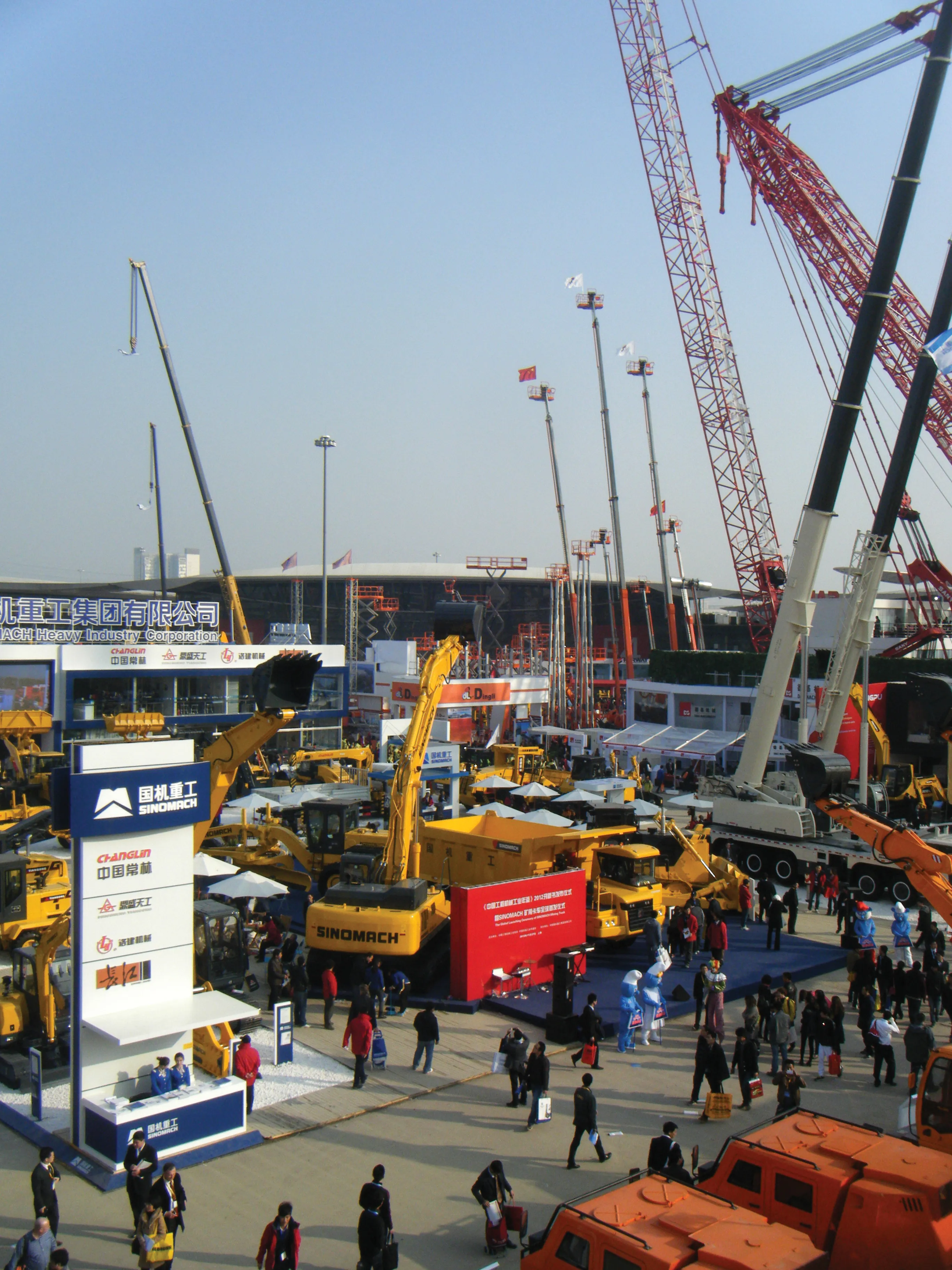North Korea claims that it is establishing a strategic plan that will lift the country's struggling economy into prosperity as early as 2012. According to a missive from the Korean Central News Agency (KCNA), a 10 year economic plan has been unveiled that will see a total of US$100 billion being invested by the nation in 12 strategic sectors.
February 10, 2012
Read time: 2 mins
RSSNorth Korea claims that it is establishing a strategic plan that will lift the country's struggling economy into prosperity as early as 2012. According to a missive from the 5710 Korean Central News Agency (KCNA), a 10 year economic plan has been unveiled that will see a total of US$100 billion being invested by the nation in 12 strategic sectors. It will also introduce the State General Bureau for Economic Development to deploy and oversee the plan. A key facet of the plan is for the construction of some 3,000km of roads. Exactly what will be driven on these new roads is as yet unclear. The country's ruling military elite are amongst the small minority of people who are in a position to own personal vehicles. Other than that, North Korea's military is the country's largest user of vehicles. The country also suffers from massive fuel shortages (of all types of fossil fuels) that result in whole areas of its national grid being closed down to conserve power, in addition to hindering vehicle transportation. It would seem logical that any new highways would therefore have to be designed around using bicycles as transportation, given that these do not rely on fuel for motive power.









